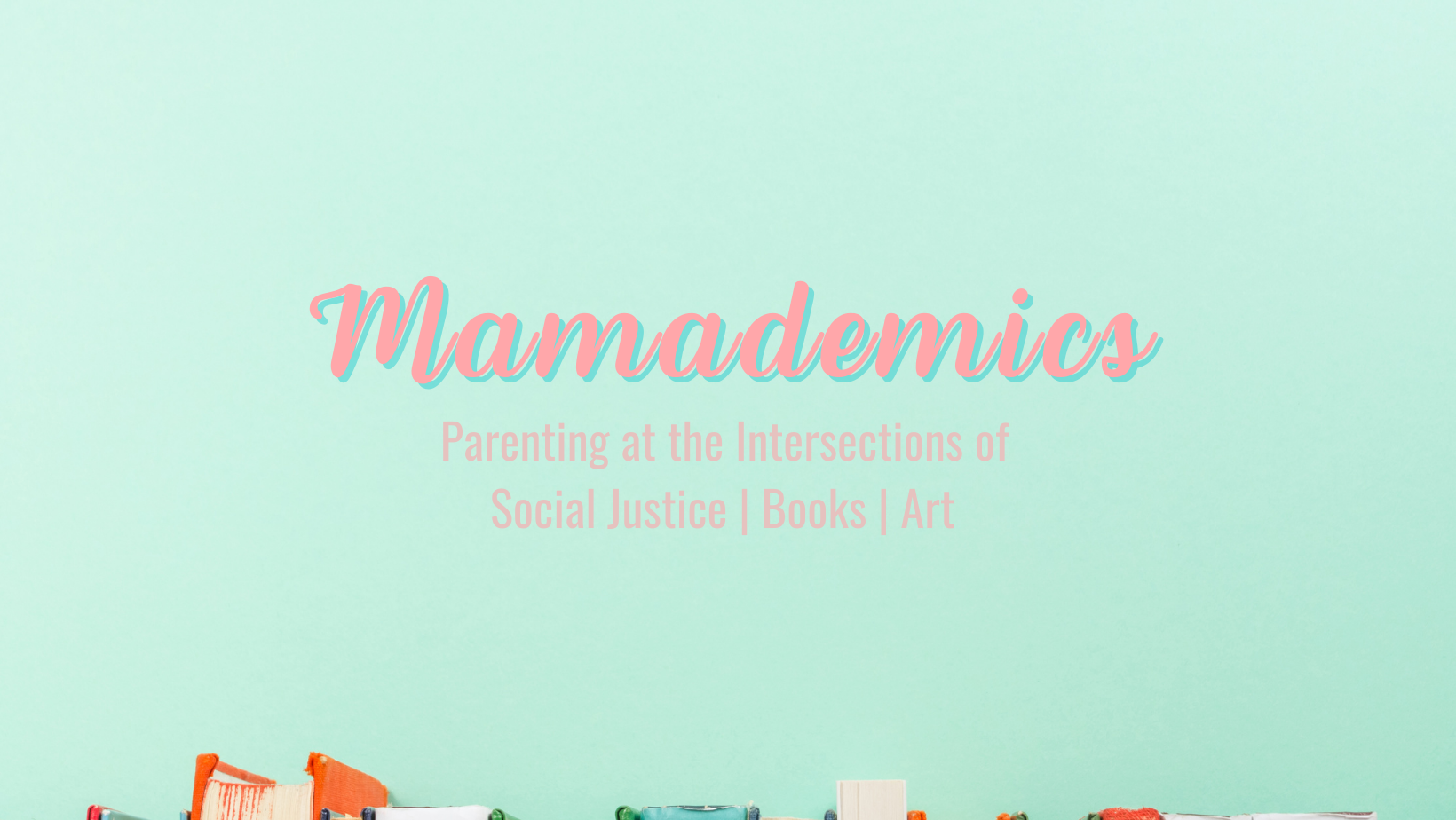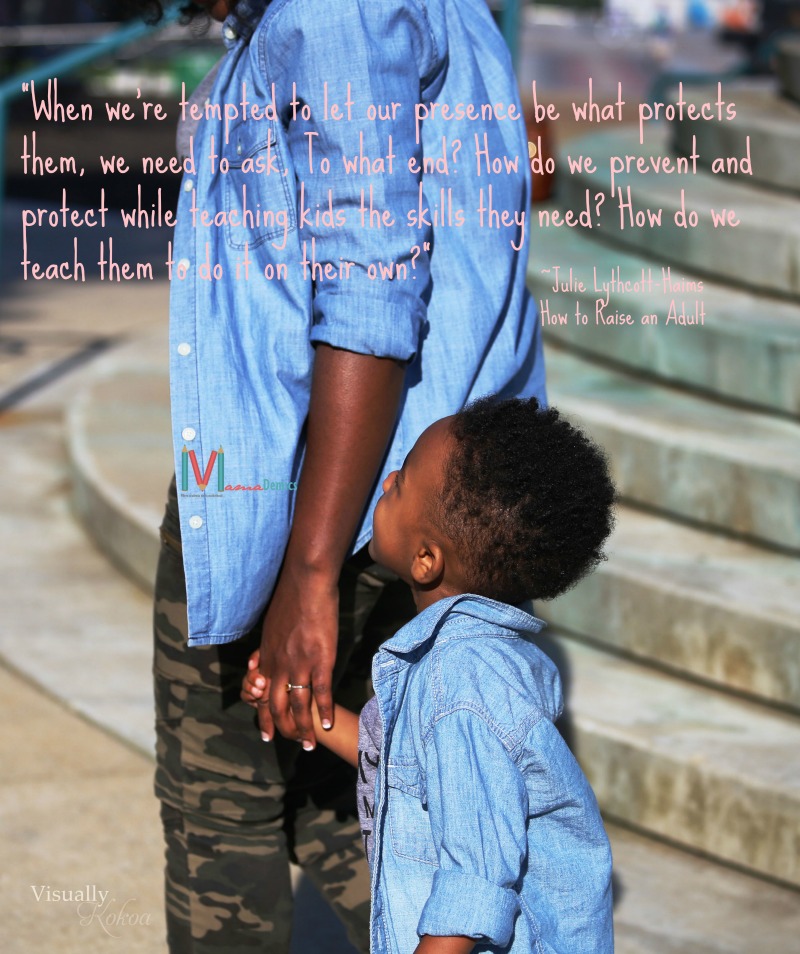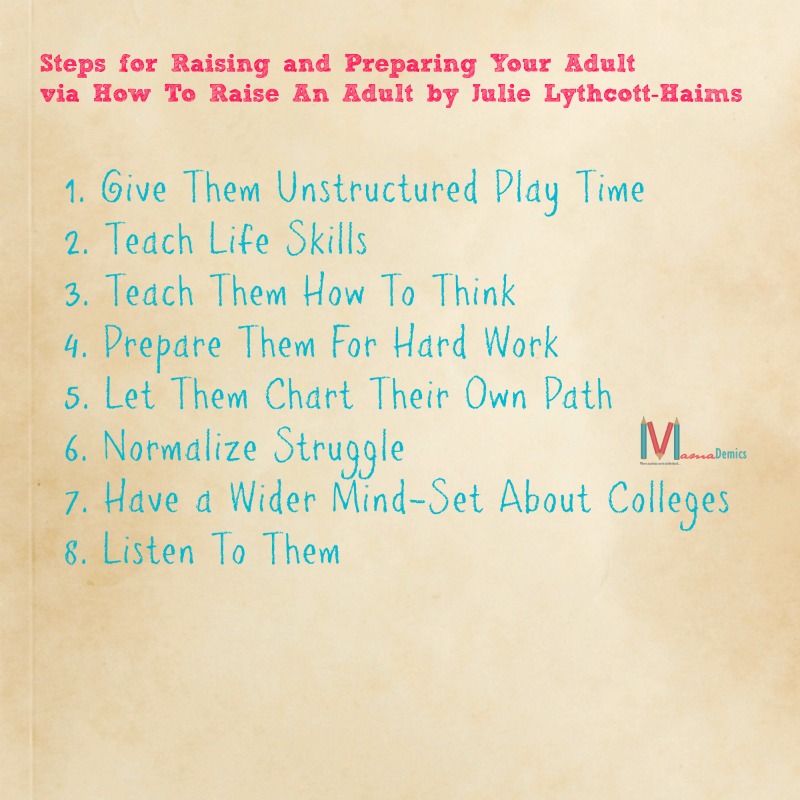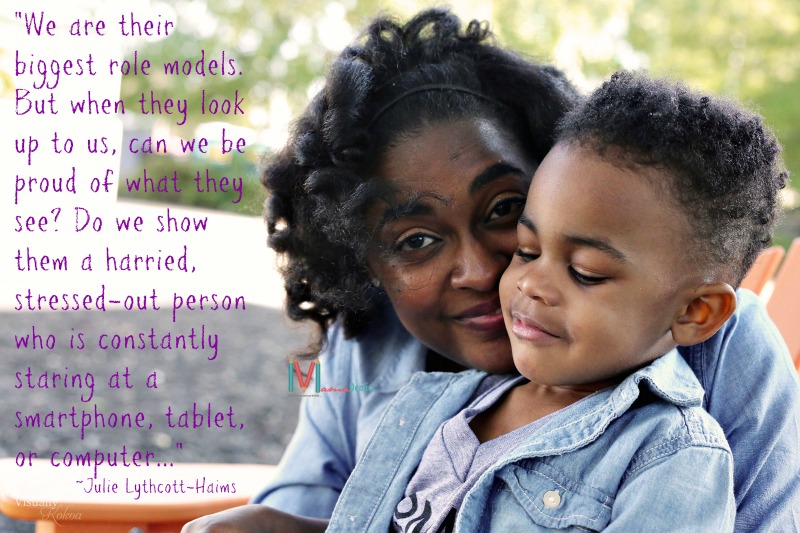Disclaimer: I received an advanced copy of this book in order to write a review. As always, all opinions and thoughts are my own.
I’m always down for a good book and now that I’m a parent I find myself searching for parenting books that will help me navigate these murky waters. How to Raise an Adult: Break Free of the Overparenting Trap and Prepare Your Kid for Success describes Julie Lythcott-Haims text as
A provocative manifesto that exposes the harms of helicopter parenting and sets forth an alternate philosophy for raising preteens and teens to self-sufficient young adulthood
In How to Raise an Adult, Julie Lythcott-Haims draws on research, on conversations with admissions officers, educators, and employers, and on her own insights as a mother and as a student dean to highlight the ways in which overparenting harms children, their stressed-out parents, and society at large. While empathizing with the parental hopes and, especially, fears that lead to overhelping, Lythcott-Haims offers practical alternative strategies that underline the importance of allowing children to make their own mistakes and develop the resilience, resourcefulness, and inner determination necessary for success.
Relevant to parents of toddlers as well as of twentysomethings-and of special value to parents of teens-this book is a rallying cry for those who wish to ensure that the next generation can take charge of their own lives with competence and confidence.
The title and blurb alone intrigued me, but I’ll admit that as soon as I started reading I found myself disconnecting quickly. Lythcott-Haims focuses a lot of her work on the Millennial generation and for all intents and purposes I’m a millennial. It feels like the millennials are always under attack lately and I was not really in the mood for it that day, so I decided to wait until I was in a better mood.
Once I sat down to read the book a second time, this time with an open-mind, I realized the focus was moreso on the generation that raised us. Even after realizing it wasn’t about “me” persay, I still felt myself thinking that maybe this book wasn’t really for “me.” The parents Lythcott-Haims talks about are middle and upper middle class suburbanites (she acknowledges this aspect in the introduction), who more than likely are White. I’m sure they’re not all White, but it was clear to me that the experiences of parenting she’s discussing are not the typical inner-city working class Black or Latino parent’s experiences. Those parents don’t have to luxury to “helicopter” parent or the resources to make sure their children get into the best schools possible. I am a product of the class that I felt was being overlooked. At the same time, my upbringing caused me to be the adult that the author feels we’re missing in this generation. In fact, I’ve often felt like I became an adult much sooner than the day the government legally viewed me as such. I’m sure some of my life experiences are exactly what Lythcott-Haims feels made me a capable adult unlike others in my generation. Yet, somehow I am still uneasy about them. Did I mention I felt all these emotions before making it through the first half of the book? Yea it was a doozy, but I kept going.
I’m sure you’re asking why did I keep going? Because I know that my son is afforded privileges I didn’t have simply because he’s being raised by two college-educated parents who both work in education. While we still live in the inner-city, he is growing up middle class (on the lower side at the moment) and will attend a preschool with kids who are raised by the sort of parents Lythcott-Haims discusses. I guess I wanted to make sure I understood more about the parents I’ll be interacting with on a regular basis and also how to make sure I don’t get sucked into that world.
In the end, I’m glad that I kept reading because once I reached the more solution-oriented section of the book, I found myself finally connecting with the writer and takeaways. Lythcott-Haims’s “Steps for Raising and Preparing Your Adult” really stood out to me, particularly number six and eight. The word “struggle” has multiple connotations, particularly in the Black American community. My son will deal with struggle simply due to the color of his skin, so while it’s a touchy word for me it really is important that we teach him about it early. Number eight stuck out to me because it can be easy to tune out our children, but it’s so important to make sure we’re listening to them as well.
In addition to the solutions sections, which included a nice breakdown of age appropriate chores and I’m pleased to say we’re doing a good job of those things with Sesame, the author focuses on what we do as people beyond parenting. She reminds us that our children are constantly watching us and taking their cues for what it means to be a grown-up from us. One wonderful example that we can provide for our children is simply taking care of ourselves. It seems like we don’t have the time, but if we let them do more on their own we’ll have that time.
She reminds us that sometimes protecting our children simply means show them how to do it on their own. Making sure that they are able to tell the difference between danger and someone simply being friendly. Being sure that they will know what to do when we’re not there because we’ve not only taught them, we’ve also modeled it for them. While I agree with the author that the media has terrified parents when it comes to possible abductions and child pedophiles, as a mother of a Black child I still have a worry that most of her audience doesn’t. There’s no amount of helicopter parenting in the world that can protect my child from systematic racism and the possibility of violence against him simply because of what he looks like. Additionally, while I definitely agree that parents are going too far when it comes to monitoring every aspect of their child’s lives, in the case of Black and Latino children it may very well be the difference between them giving up on their education altogether. We know that minority children are subjected to differences in treatment when it comes to educational opportunities, as well as disproportionate punishments for “bad” behavior.
It took me awhile to connect with How to Raise an Adult, but once I did I found many of the parenting solutions discussed to be helpful across demographics, particularly the ideas for chores and what we as parents can do for ourselves. I do wish that the author considered the reasons why parents from non middle or upper class demographics might need to hover a bit more. She does spend some time talking about the fear that working class parents may feel in regard to their child’s financial future and gives great advice for moving past them.
Overall I give this book 3.5 out of 5 stars and recommend it to my mommy (and daddy) friends who need a reminder that the end goal is to raise an adult. You can find out more about How to Raise an Adult on Youtube, Facebook, and Twitter
I was selected for this opportunity as a member of Clever Girls and the content and opinions expressed here are all my own.











